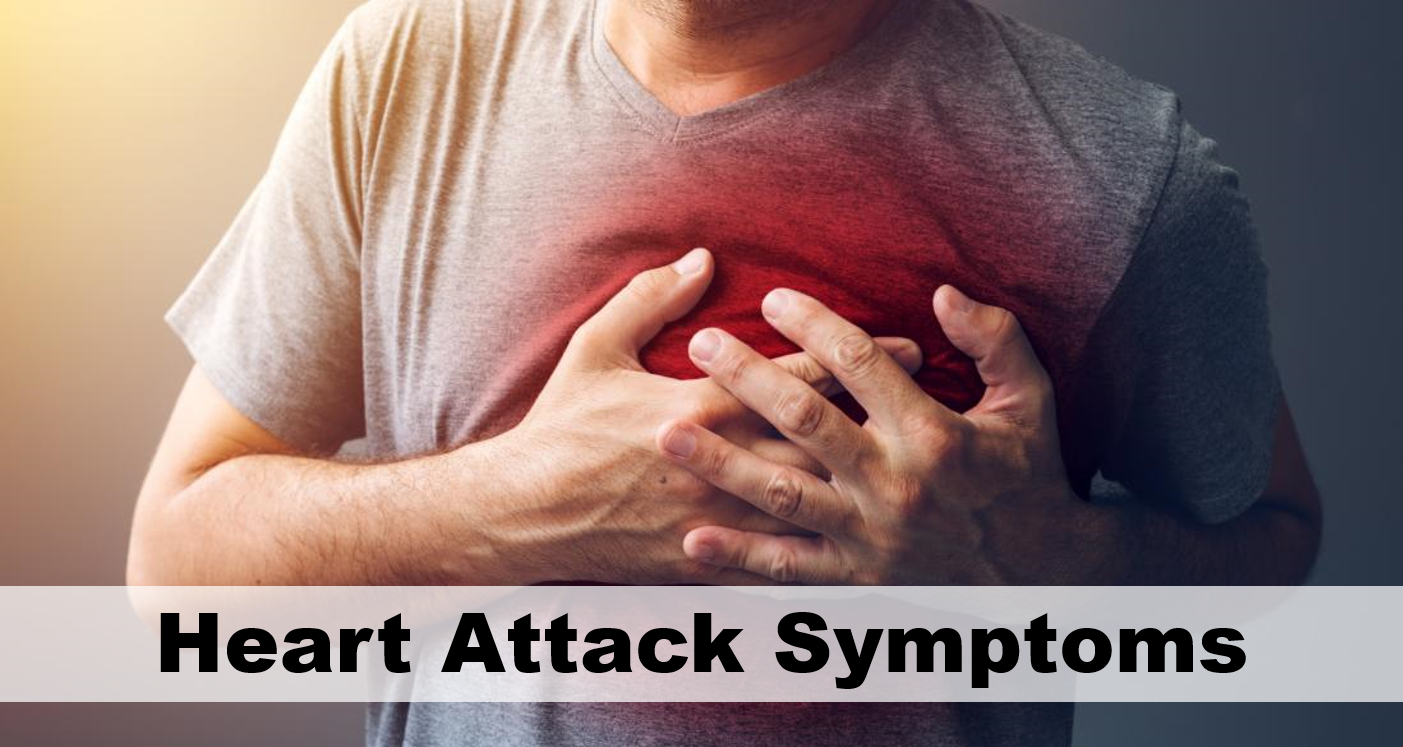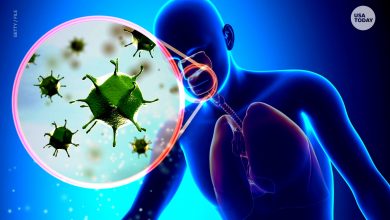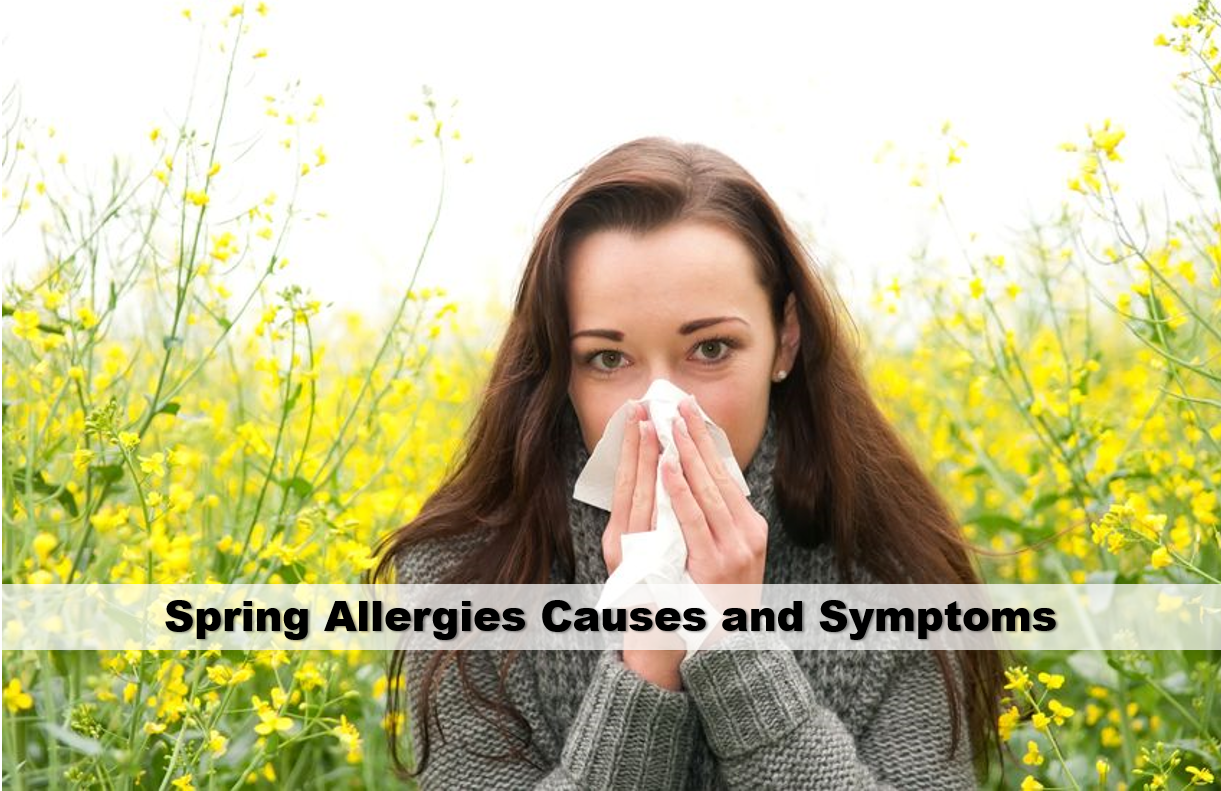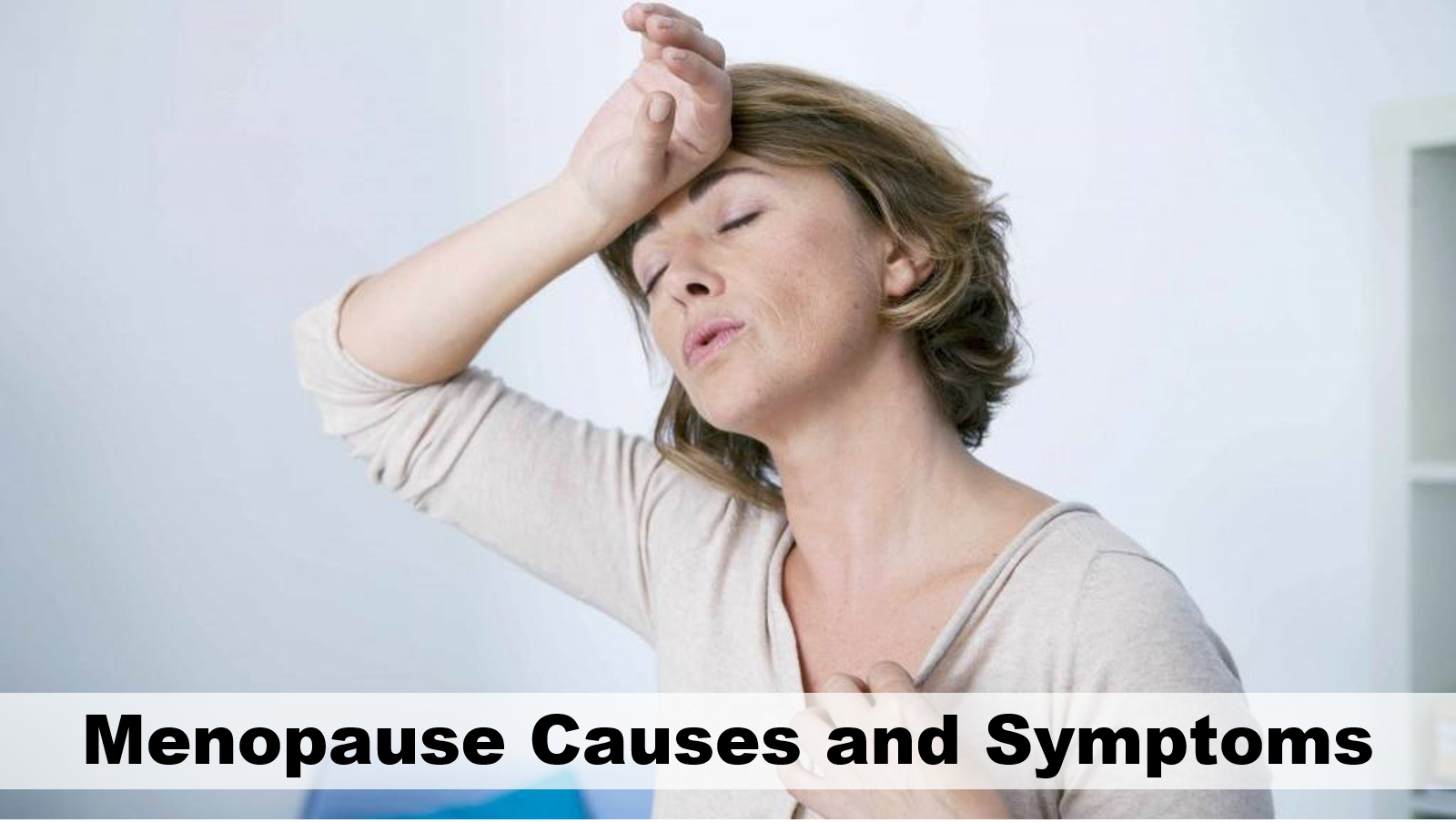Heart Attack Symptoms

Heart Attack Symptoms. The heart, which is located in the rib cage, a little to the left of the midline of the chest, has a muscular structure. Heart valve diseases, heart muscle diseases, coronary heart diseases, inflammatory diseases, and heart attack may develop due to any disorders in the heart structure. A heart attack leads to 75-80% of heart diseases resulting in sudden death. The most common symptom of a heart attack is chest pain. Here, we will explain the heart attack and heart attack symptoms in the following text.
Heart Attack
A heart attack usually occurs when a blood clot obstructs the flow of blood in a coronary artery, a heart vessel that feeds some of the heart muscles. Impaired blood flow during a heart attack can damage or destroy part of the heart muscle. Heart attack which is also known as myocardial infarction can be fatal. There have been dramatic improvements in the treatment of heart attacks over the years. If you think you have a heart attack, it is very important to diagnose the symptoms immediately, and call emergency medical services without delay.
Heart Attack Symptoms

Common heart attack symptoms include some factors:
- Feeling full, nausea, indigestion, heartburn, or abdominal pain.
- Chest pain
- Shortness of breath.
- Sweating or cold sweat.
- A feeling of anxiety
- Fatigue
- Difficulty sleeping
- Dizziness
Heart attack symptoms changes. Not all people with a heart attack experience the same symptoms or the same degree. Many heart attacks are not as dramatic as what you watch on TV. Some people have no symptoms, while others may have a sudden cardiac arrest. However, the more signs and symptoms you have, the more likely you will have a heart attack. The severity of heart attack symptoms may also vary. Some people experience mild pain while others experience severe pain. A heart attack can occur at any time, at work or while playing, at rest, or on the move. Some heart attacks suddenly hit, but many people with heart attacks have signs and symptoms before hours, days or weeks ago. The earliest warning of a heart attack may be recurrent chest pain (angina) triggered by exertion and resting. Angina causes a temporary decrease in blood flow to the heart.
When should you go to the doctor?
You should be quick during a heart attack. Some people wait too long because they don’t notice important signs and symptoms. Take the following steps:
- If you suspect you have a heart attack, Call the emergency number immediately. If you cannot reach emergency medical services, ask someone to take you to the nearest hospital. If there is no other option, drive to the hospital yourself. If your situation suddenly deteriorates, driving will put you and others at risk.
- You can take aspirin if recommended. If you are concerned about your risk of heart attack, ask your doctor if it is a good idea to chew 162 or 325 milligrams (mg) of aspirin when you have heart attack symptoms. Taking aspirin during a heart attack can reduce blood clotting and reduce damage to your heart. However, since aspirin may interfere with other drugs, do not take aspirin unless your doctor or emergency medical personnel recommend it. Don’t delay calling the emergency number because of taking aspirin. Call emergency help first.
What to do if you see someone who has a heart attack?

Call emergency medical attention, if you come across someone who is presumably unconscious from a heart attack. If you are trained in emergency procedures, begin cardiopulmonary resuscitation (CPR). This helps the delivery of oxygen to the body and the brain. You should start CPR with chest compressions. Press approximately 5 cm on the person’s chest for each compression nearly 100 times per minute. If you have CPR training, check the person’s breathing and exhale after every 30 compressions.
Panic Attack Causes and Symptoms
Heart Attack Treatment and Medications
High Blood Pressure Risk Factors and Symptoms
If you are not trained, just keep compressing until help arrives. Sudden cardiac arrest during a heart attack is commonly caused by fatal cardiac rhythm (ventricular fibrillation), in which the heart trembles uselessly. If left untreated, ventricular fibrillation leads to death. Timely use of the automatic external defibrillator (AED), which returns the heart to its normal rhythm, can provide immediate treatment before a heart attack strikes. But if you are alone it is important to continue chest compressions. If there is a second person, that person may soon call an AED.





